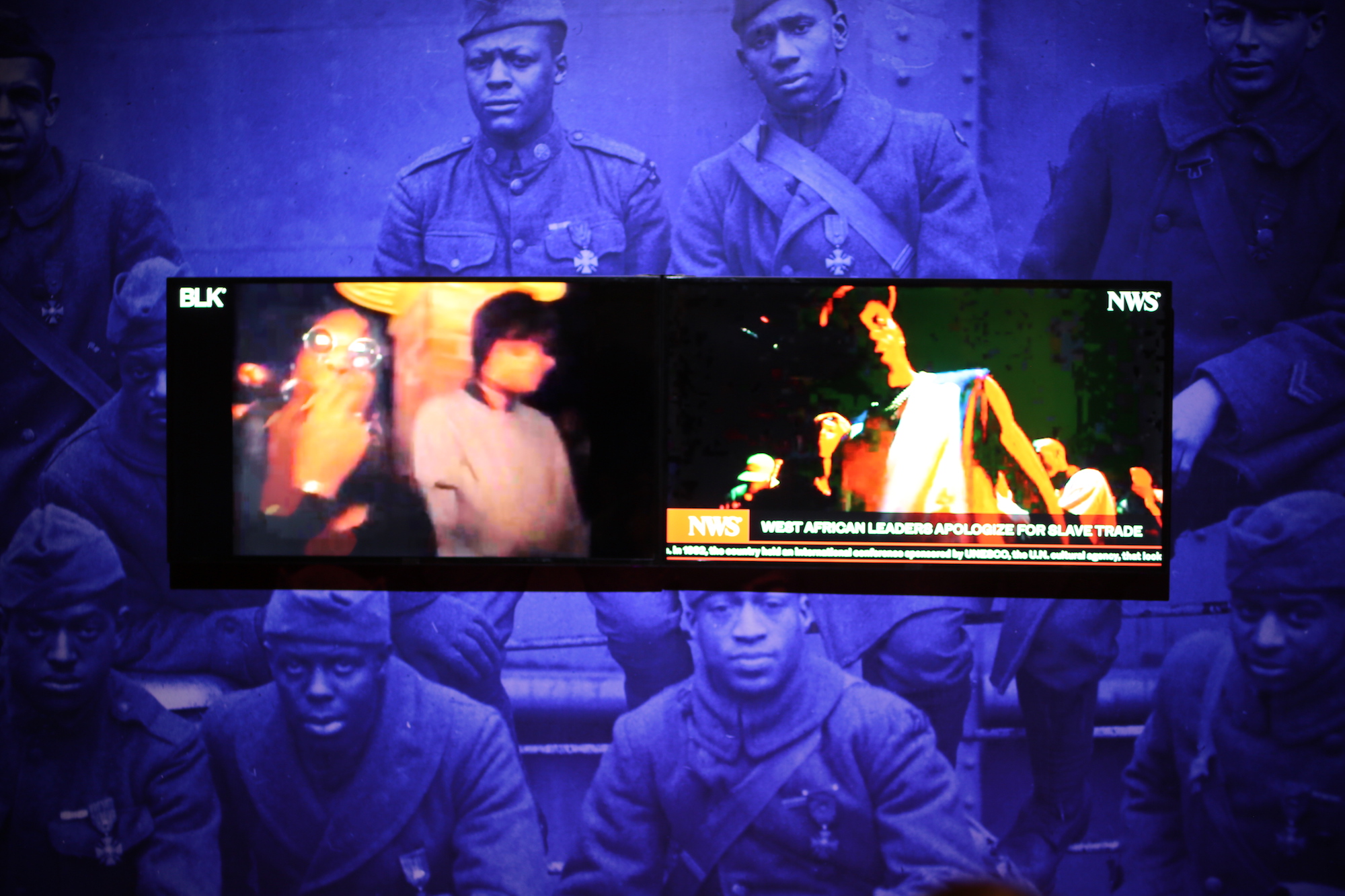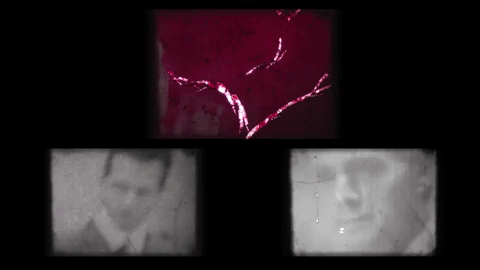A partir de la lectura de: Finley, Susan (2008). Arts-Based Research. En Knowles and Cole (2008). Handbook of the Arts in Qualitative Research. Perspectives, Methodologies, Examples, and Issues. Sage Publications, USA.

Arts-based inquiry is uniquely positioned as a methodology for radical, ethical, and revolutionary research that is futuristic, socially responsible, and useful in addressing social inequities. By its integration of multiple methodologies used in the arts with the post-modern ethics of participative, action-oriented, and politically situated perspectives for human social inquiry, arts-based inquiry has the potential to facilitate critical race, indigenous, queer, feminist, and border theories and research methodologies. As a form of performance pedagogy, arts-based inquiry can be used to advance a subversive political agenda that addresses issues of social inequity. Such work exposes oppression, targets sites of resistance, and outlines possibilities for transformative praxis. From this perspective, arts-based inquiry can explore multiple, new, and diverse ways of understanding and living in the world. (71)

At the heart of arts-based inquiry is a radical, politically grounded statement about social justice and control over the production of knowledge (…) art-based inquiry creates and inhabits contested, liminal spaces. It takes form in the hyphen between art and social science research. It creates a place where epistemological standpoints of artists and social science workers collide, coalesce, and restructure to originate something new and unique among research practices (72)

(…) arts-based research emerged as a social construction that crossed the borders between science and art, and was contextualized by diverse efforts to revolutionize institutionalized classist, racist and colonizing ways of experiencing and discoursing about human experience (73)

This transformation of practice requires imaginative reordering of what seems to be the natural order of things (75)

“The power of form to inform” (76)

When arts-based research is grounded in a critical performance pedagogy, it can be used to advance a progressive political agenda that addresses issues of social inequity (79)
